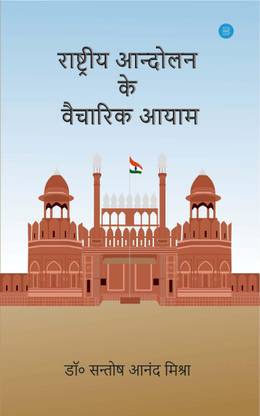Sunil Dutt: A Star Dedicated to Cinema and Service
(Born: 6 June 1929 – Died: 25 May 2005)
Introduction
Sunil Dutt was one of the most distinguished and multifaceted personalities in Indian cinema who left an indelible mark not just as an actor, but also as a humanitarian and a politician. His life stands as a shining example of an ideal man who led a life defined by struggle, service, compassion, and success.
Early Life and Education
Sunil Dutt was born on 6 June 1929 in Khurd village, Jhelum district, in the undivided Punjab province of British India (now in Pakistan). His birth name was Balraj Dutt. During the Partition in 1947, his family migrated to India and settled in Mumbai.
He graduated from Jai Hind College in Mumbai and began his career as a radio announcer at Radio Ceylon, where his voice and charismatic personality gained attention.
Beginning of Film Career
Sunil Dutt made his film debut in 1955 with Railway Platform. Soon after, he starred in films like Ek Hi Raasta (1956), Munimji, and Payal, gradually winning over the audience.
His breakthrough came with Mehboob Khan’s iconic film Mother India (1957), in which he played the role of Nargis’s rebellious son. The film not only brought him national fame but also marked the beginning of his romantic journey with Nargis, culminating in their marriage.
Notable Films and Acting Style
Sunil Dutt was a versatile actor who excelled in romantic, serious, social, action, and comedic roles. Some of his most memorable films include:
Mother India (1957)
Sadhna (1958)
Sujata (1959)
Hamraaz (1967)
Reshma Aur Shera (1971) – which he produced, directed, and acted in
Pran Jaye Par Vachan Na Jaye (1974)
Mera Saaya, Gumraah, Khandaan, Waqt, Padmini, and many more
His performances were marked by emotional depth, moral seriousness, and a reflection of Indian cultural values. He was known for his ability to convey powerful emotions with dignity and sincerity.
As Producer and Director
Under his production banner Ajanta Arts, Sunil Dutt ventured into direction and filmmaking. His landmark project Reshma Aur Shera tackled issues of rural violence and social imbalance through a poignant love story.
He supported meaningful and experimental cinema and believed in using film as a vehicle for social transformation.
Marriage with Nargis and Family Life
In 1958, he married actress Nargis, and their union became one of the most iconic marriages in Indian cinema. They had three children, including actor Sanjay Dutt.
When Nargis was diagnosed with cancer, Sunil Dutt devoted himself to her care with extraordinary commitment. After her demise, he founded the Nargis Dutt Foundation, which continues to help cancer patients and support healthcare initiatives.
Social Service and Humanitarian Work
Sunil Dutt was much more than a film star—he was deeply committed to humanitarian causes. After the 1993 Mumbai bomb blasts, during which his son Sanjay was arrested, he upheld respect for the law while working actively for peace and harmony.
He undertook a "Sadbhavana Yatra" (Harmony March) across India, spreading messages of communal unity, peace, and non-violence.
Entry into Politics and Public Service
In 1984, he entered politics through the Indian National Congress and was elected as a Member of Parliament from Mumbai North-West. He served five consecutive terms as an MP.
Political Role:
Union Minister of Youth Affairs and Sports (2004–2005)
Also held portfolios related to Culture
He was respected as an honest, dedicated, and principled politician who saw politics as a form of public service.
Awards and Honours
Padma Shri (1968) – for his contributions to the arts
Filmfare Lifetime Achievement Award
Rajiv Gandhi National Sadbhavana Award
Honoured at several national and international platforms for both his artistic and social work
Demise
Sunil Dutt passed away on 25 May 2005 in Delhi after a cardiac arrest. His death was mourned across the nation as a loss to both the film fraternity and the political landscape.
Legacy
Sunil Dutt remains an enduring symbol of dedication across multiple fields—cinema, public service, and humanitarianism. His life is a rare convergence of art, ethics, and activism.
He is remembered as one of the few stars who transformed stardom into a platform for social change. His journey continues to inspire generations of Indians, especially the youth, to rise through struggle and serve society with empathy and integrity.
Conclusion
The story of Sunil Dutt is not just that of an actor, but of a human being who stood firm in the face of personal grief, societal challenges, and political complexities. Through it all, he remained loyal to his values and principles.
His life teaches us that a true hero is not one who performs on screen alone, but one who continues to serve and uplift people long after the spotlight has faded.












1 Comments
🙏🙏🙏🙏🙏
ReplyDeleteThank you